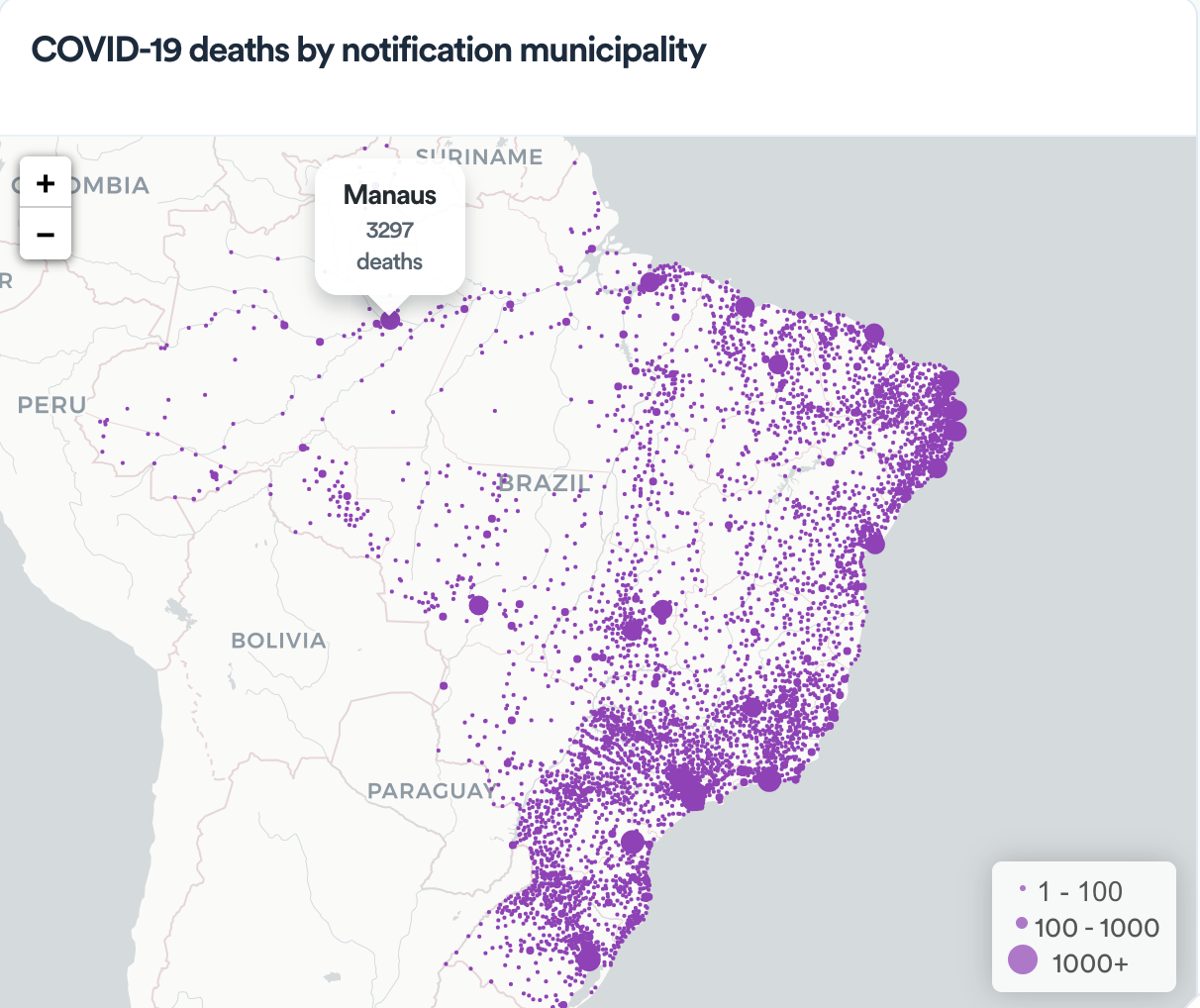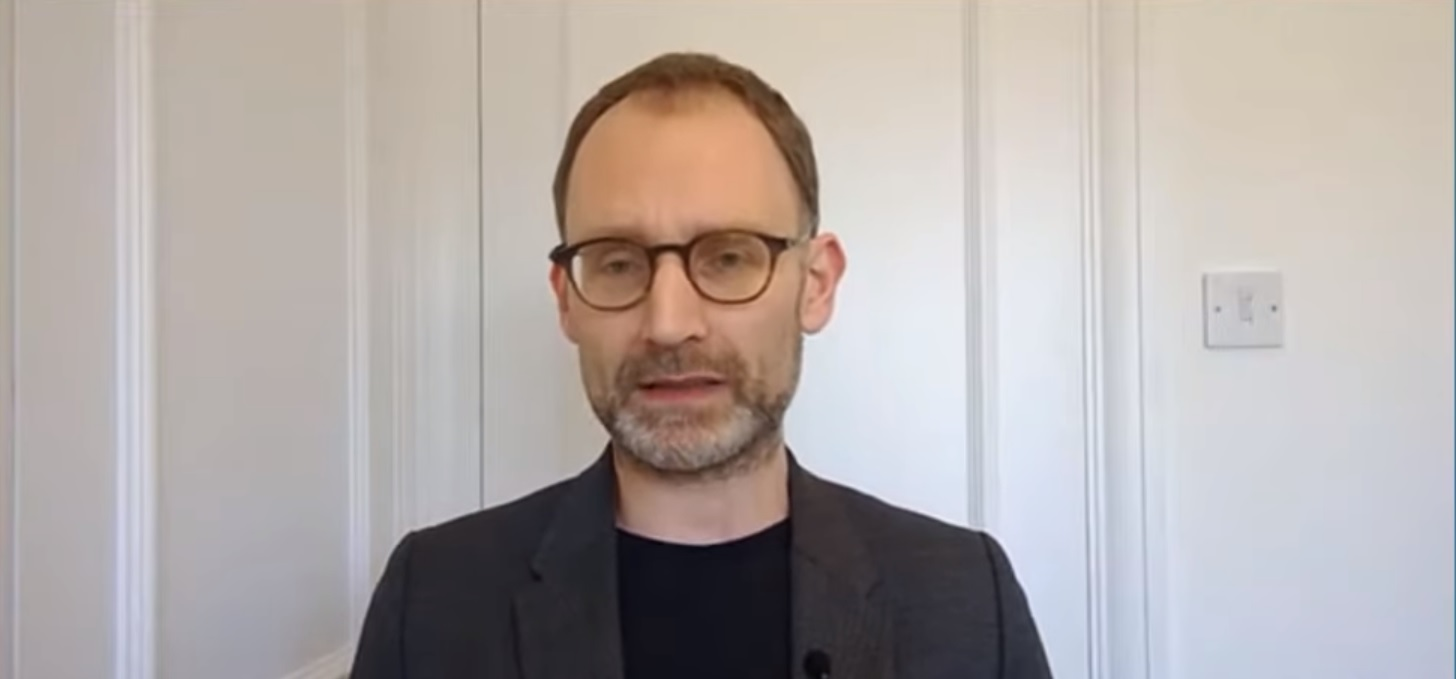Professor Neil Ferguson has given an extraordinary interview to Tom Whipple at The Times, in which he confirms the degree to which he believes that imitating China’s lockdown policies at the start of 2020 changed the parameters of what Western societies consider acceptable.
“I think people’s sense of what is possible in terms of control changed quite dramatically between January and March,” Professor Ferguson says. When SAGE observed the “innovative intervention” out of China, of locking entire communities down and not permitting them to leave their homes, they initially presumed it would not be an available option in a liberal Western democracy:
He almost seems at pains to emphasise the Chinese derivation of the lockdown concept, returning to it later in the interview:
“These days, lockdown feels inevitable. It was, he reminds me, anything but. “If China had not done it,” he says, “the year would have been very different.””
To those people who, still now, object to lockdowns on civil liberties principles, this will be a chilling reminder of the centrality of the authoritarian Chinese model in influencing global policy in this historic year.
The Manaus Conundrum
Also contained within the same interview is a passage about Manaus, the city in the Brazilian rainforest that has come to be referred to as a counter-example of what might have happened with minimal interventions. Whipple refers to “an orthodoxy on some sections of the Right” that Professor Ferguson got his initial predictions wrong, but asserts that the experience in Manaus comes close to proving him right.
But aside from the details about gravediggers and bodies being buried in trenches that have been cited in many articles about Manaus, I can’t seem to make the maths work.
The March 16th paper that Whipple is referring to forecast that in a scenario without interventions, 81% of the UK population would become infected, and that 0.9% of them would die, ie 510,000 fatalities. That, famously, was the scenario that bounced the UK government into changing its approach.
But Manaus is a city of 2.2 million people. If we are to use it as proof that he was right, we should expect to have seen c 1.8m infections and c 16,000 deaths. As of today, the Brazilian health authority records 3,297 deaths in Manaus— a tragically high number but less than a quarter of the Ferguson scenario. Whipple suggests that between 45% and 70% of the city has been infected, but even if deaths have been miscounted and there were twice as many, it wouldn’t come close to the Ferguson projections.
Maybe I’ve missed something here, but how are these results ‘not far from the apocalypse of the March 16th paper’?












Join the discussion
Join like minded readers that support our journalism by becoming a paid subscriber
To join the discussion in the comments, become a paid subscriber.
Join like minded readers that support our journalism, read unlimited articles and enjoy other subscriber-only benefits.
Subscribe